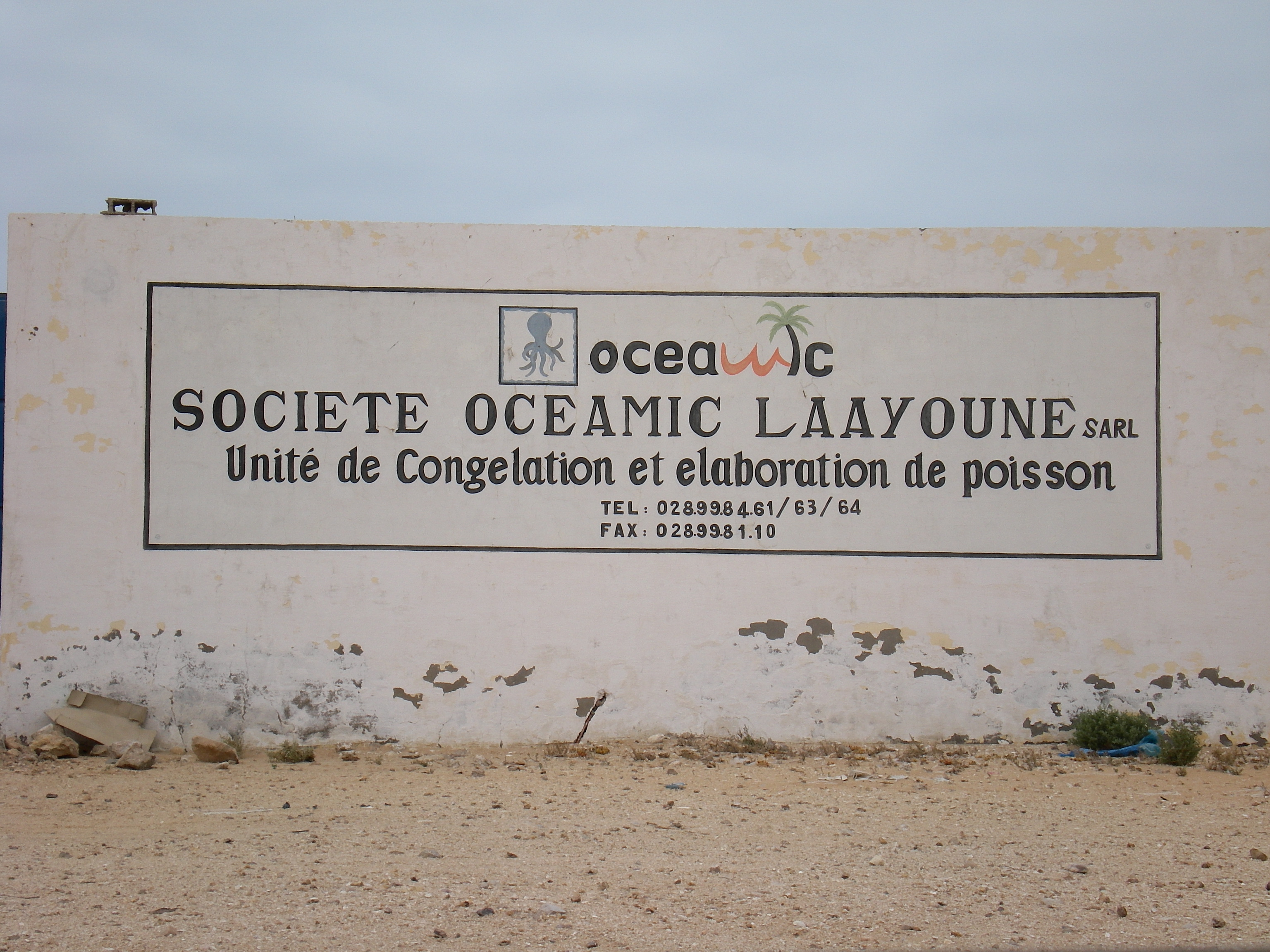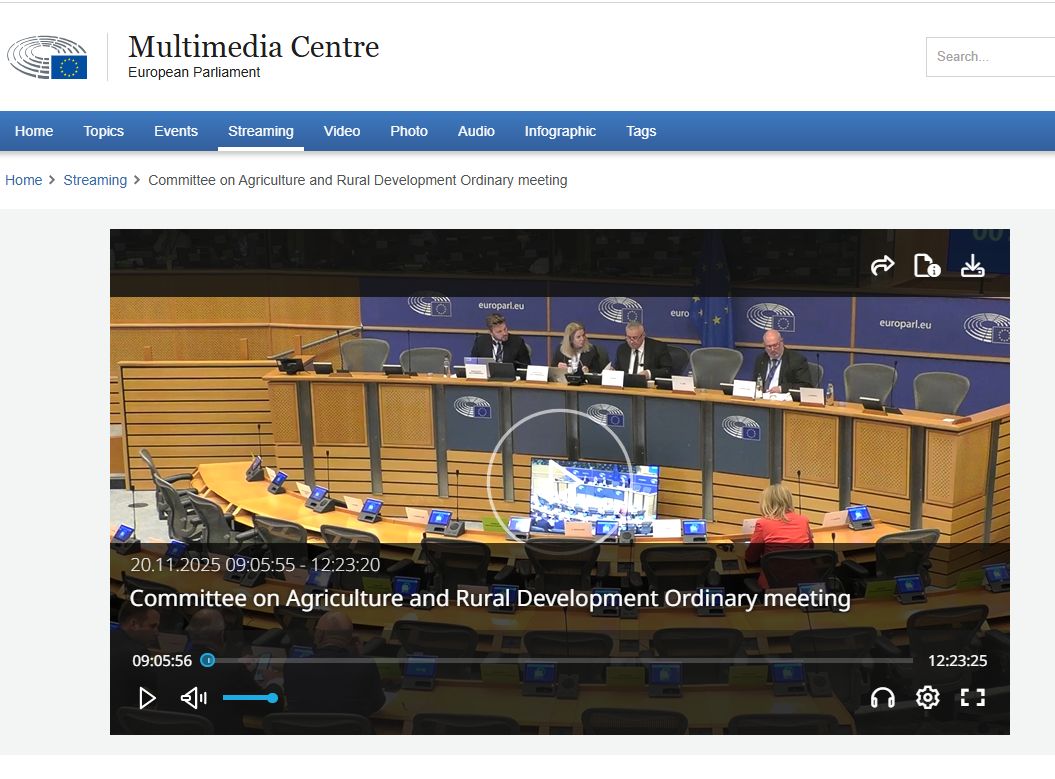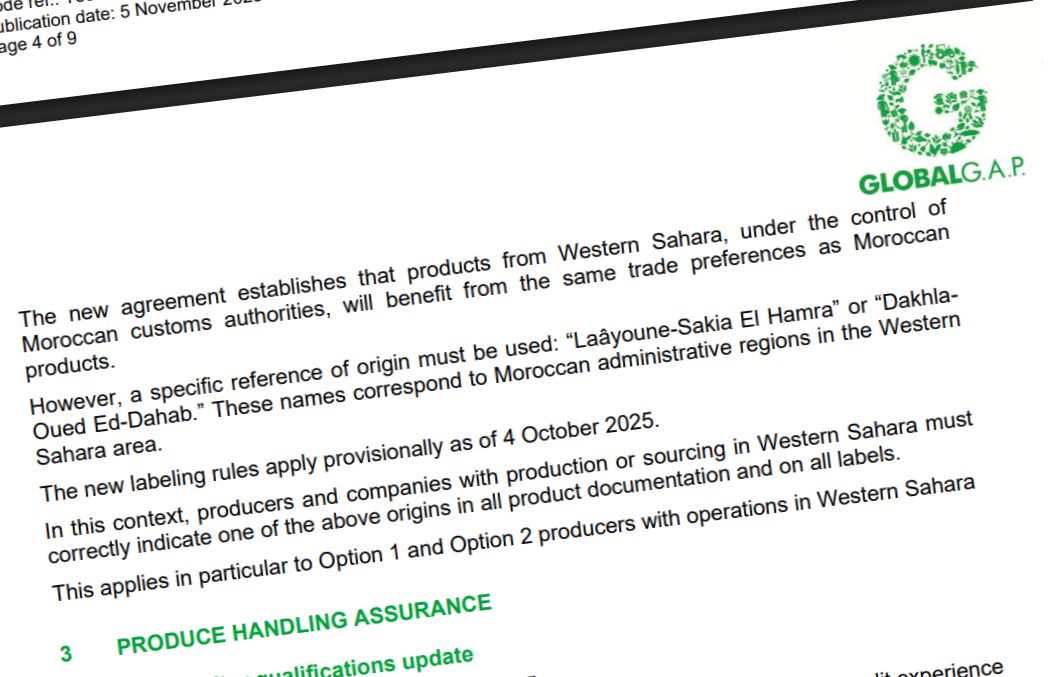
The EU Court of Justice has dismissed the European Commission's request to rectify specific paragraphs in its 2024 rulings, as it questions whether the majority of the people of Western Sahara live outside of the territory.
On 4 October 2024, the Court of Justice of the European Union (CJEU) delivered two judgments concluding that both the EU-Morocco Preferential Trade Agreement and the EU-Morocco Fisheries Agreement are inapplicable in Western Sahara, as the people of the territory had not consented thereto.
In the rulings, the Court added clarifying paragraphs that there is a difference between the ‘population’ of the Western Sahara and the ‘people’ of Western Sahara - those holding the right to self-determination. “That people, which for the most part has been displaced, is the sole holder of the right to self-determination with regard to the territory of Western Sahara. The right to self-determination belongs to that people, and not to the population of that territory in general, of which – according to the estimates provided by the Commission at the hearing before the Court of Justice – only 25% is of Sahrawi origin”, the court ruled (§128 of the trade ruling, §157 of the fisheries ruling).
On 24 October 2024, less than three weeks after the Court ruling, the EU Commission submitted requests to the Court for rectification of the above paragraphs of each ruling – the very paragraphs that clarify that the people of Western Sahara, those having the right to consent per their right to self-determination, have mostly been displaced. The Commission claimed that these paragraphs contained inaccuracies, and stated that it is not clear whether a majority of the Saharawi people are in fact living outside of the territory.
The request - which was supported by the governments of France and Spain - has so far not been known to the public.
End of last week, the Court published its conclusions on its website. It states that on 15 January 2025, the CJEU issued orders rejecting the Commission's request for rectification of the fisheries and the trade rulings. The Court determined that there were no obvious inaccuracies in the specified paragraphs that warranted correction. The order emphasized that the original judgments stand as delivered, without any modifications to the contested sections.
For the Court, it is a settled matter that the majority of the Saharawi people do not live in the territory today, having been displaced, whereas a vast majority of the current inhabitants of the territory are not Saharawi. This new Court's order definitely appears to have blocked the Commission’s possibility of circumventing consent by replacing the Saharawi people with other stakeholders.
"The EU Commission's attempt to distort the demographics of Western Sahara is a blatant act of manipulation, designed to undermine the Court's clear rulings. They are trying to fabricate doubt where none exists, all to justify their ongoing complicity with Morocco’s illegal exploitation of the territory. This is not just an insult to international law - it is an insult to the displaced Saharawi people who have fought for decades for their legitimate right to self-determination”, says Sara Eyckmans of Western Sahara Resource Watch. “By rejecting the rectification requests, the Court reaffirms its interpretation of international law in this context, particularly concerning the principle of self-determination and the rights of the people of Western Sahara.”
It should be noted that the EU Commission did not tell the EU Parliamentarians, in the hearings that took place over the span of the autumn of 2024, that it had asked the EU Court to revise key-paragraphs of the trade and fisheries rulings. Instead, Commission representatives told parliamentarians in the committees for International Trade, Fisheries and Agriculture, that they were still analysing the rulings. “Clearly, the Commission was simply buying time while it was waiting for the results of its efforts to undermine the rights of the Saharawi people”, Eyckmans concludes.
Since you're here....
WSRW’s work is being read and used more than ever. We work totally independently and to a large extent voluntarily. Our work takes time, dedication and diligence. But we do it because we believe it matters – and we hope you do too. We look for more monthly donors to support our work. If you'd like to contribute to our work – 3€, 5€, 8€ monthly… what you can spare – the future of WSRW would be much more secure. You can set up a monthly donation to WSRW quickly here.
New report: Certified occupation
International certification standards embellish Morocco’s controversial trade with fisheries and agricultural products in occupied Western Sahara, new report documents.
BRCGS fails accountability test
Despite repeated requests, the organisation does not clarify why its food safety certificate ignores legal boundaries.
Commission under fire for Western Sahara origin derogation
Representatives from all political groups in the European Parliament today grilled the European Commission over bending EU rules to appease Morocco with regard to labelling of products from occupied Western Sahara.
GLOBALG.A.P. misleads EU retailers
The certification scheme that claims to champion legal compliance has circulated misleading information about EU labelling rules for products originating from occupied Western Sahara.



